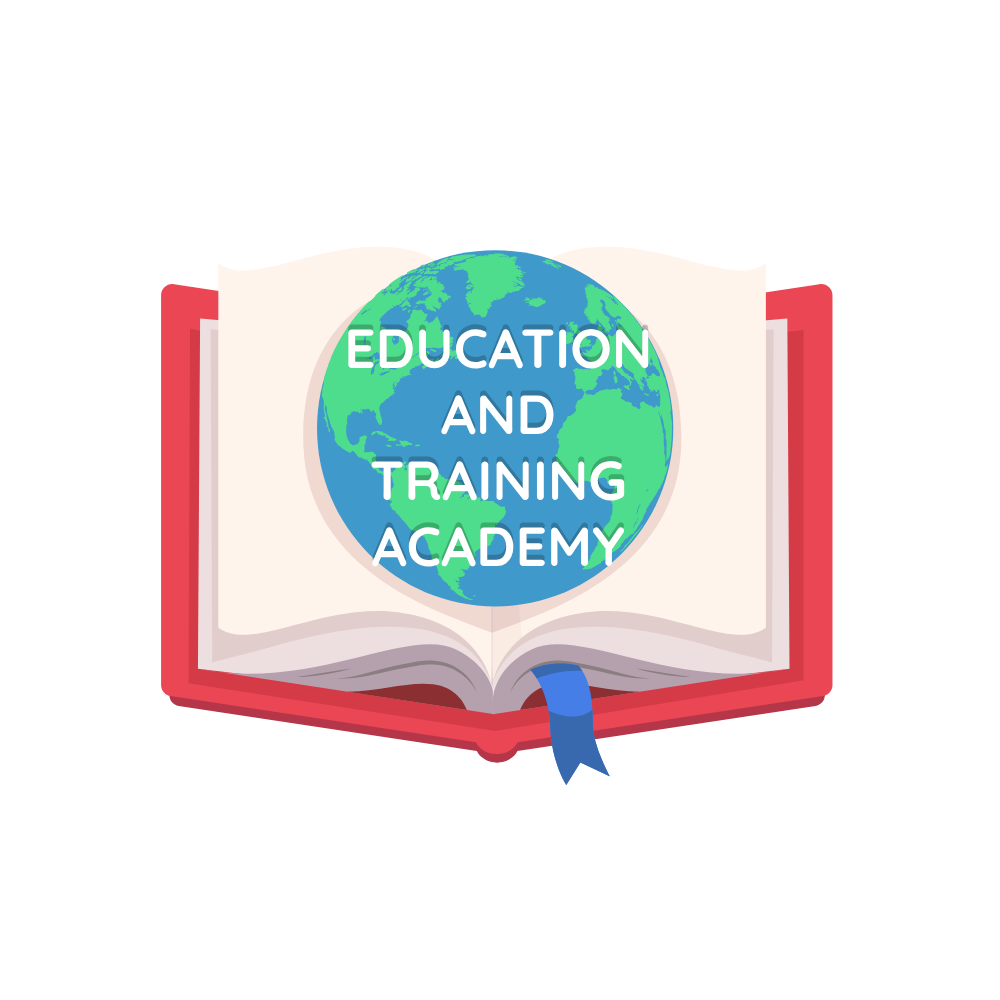Non-Formal Learning Methods

Certificate Yes
Cost €80/day
Language English
Duration 5 Day course
Cities: Antalya
The course on "Non-Formal Learning Methods" explores innovative approaches to education outside traditional classroom settings. It focuses on non-formal learning methods that emphasize practical, experiential, and participatory learning activities.
Description
This course is designed for educators and trainers interested in diversifying their teaching methods through non-formal learning approaches. Participants will explore various non-formal learning techniques, such as workshops, outdoor activities, simulations, and project-based learning. The course aims to equip educators with skills to engage learners actively and foster holistic development.
Learning Objectives
- Understand the principles and benefits of non-formal learning methods.
- Explore different non-formal learning techniques and their applications in educational settings.
- Develop skills to design and facilitate experiential learning activities.
- Foster creativity, critical thinking, and collaboration among learners.
- Promote personal development and social skills through non-formal education.
- Evaluate the effectiveness of non-formal learning experiences.
Methodology and Implementation
● Experiential Workshops: Hands-on sessions to practice non-formal learning
techniques.
● Outdoor Activities: Field trips and nature-based learning experiences.
● Simulations and Role-Playing: Using scenarios to simulate real-life situations.
● Project-Based Learning: Collaborative projects to solve real-world problems.
● Interactive Discussions: Engaging dialogues on non-formal education theory and
practice.
● Guest Speakers: Experts sharing insights on non-formal learning innovations.
● Peer Learning: Collaborative learning activities among participants.
● Reflective Journals: Personal reflections on learning experiences.
Assessment Implementation
● Project Portfolio: Compilation of projects developed during the course.
● Peer Assessment: Feedback on presentations and collaborative projects.
● Self-Assessment: Reflections on personal growth and learning outcomes.
● Case Studies: Analysis of successful applications of non-formal learning.
● Skills Demonstrations: Practical demonstrations of learned techniques.
● Continuous Feedback: Ongoing feedback sessions during learning activities.
● Final Presentation: Showcasing integration of non-formal methods into teaching.
Daily Programme
Day 1: Introduction to Non-Formal Learning
Morning Session:
- Welcome and Course Overview
- Understanding Non-Formal Learning: Principles and Benefits
Afternoon Session:
- Workshop: Experiential Learning Techniques
- Outdoor Activity: Team-building Exercise in Nature
Day 2: Simulations and Role-Playing
Morning Session:
- Seminar: Using Simulations for Learning
- Role-Playing Exercise: Simulating a Problem-Solving Scenario
Afternoon Session:
- Group Activity: Designing and Implementing Role-Playing Scenarios
- Interactive Discussion: Sharing Insights on Role-Playing Effectiveness
Day 3: Project-Based Learning
Morning Session:
- Workshop: Introduction to Project-Based Learning
- Case Study Analysis: Successful Project-Based Learning Examples
Afternoon Session:
- Project Planning: Developing Project Ideas and Teams
- Peer Feedback: Providing Constructive Feedback on Project Proposals
Day 4: Outdoor and Experiential Learning
Morning Session:
- Field Trip: Visit to a Local Community for Experiential Learning
- Reflection and Discussion: Debriefing Outdoor Learning Experience
Afternoon Session:
- Guest Speaker: Expert Insights on Outdoor Education
- Skills Demonstration: Practical Application of Experiential Learning Techniques
Day 5: Integration and Application
Morning Session:
- Final Project Preparation: Refining Projects and Presentations
- Peer Review: Feedback Session on Final Project Outcomes
Afternoon Session:
- Final Presentations: Showcasing Non-Formal Learning Applications
- Closing Remarks: Certificates, Course Evaluation, and Future Applications
